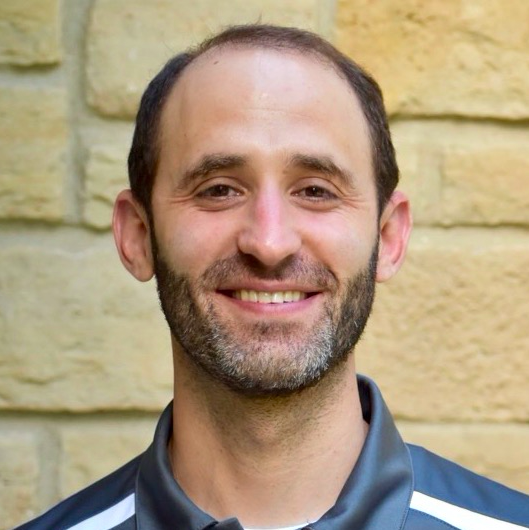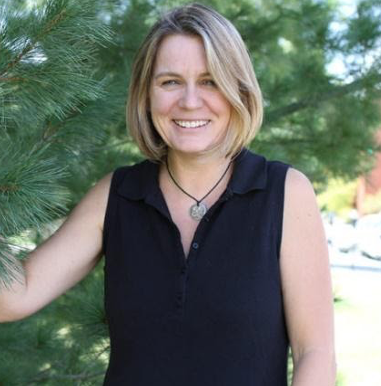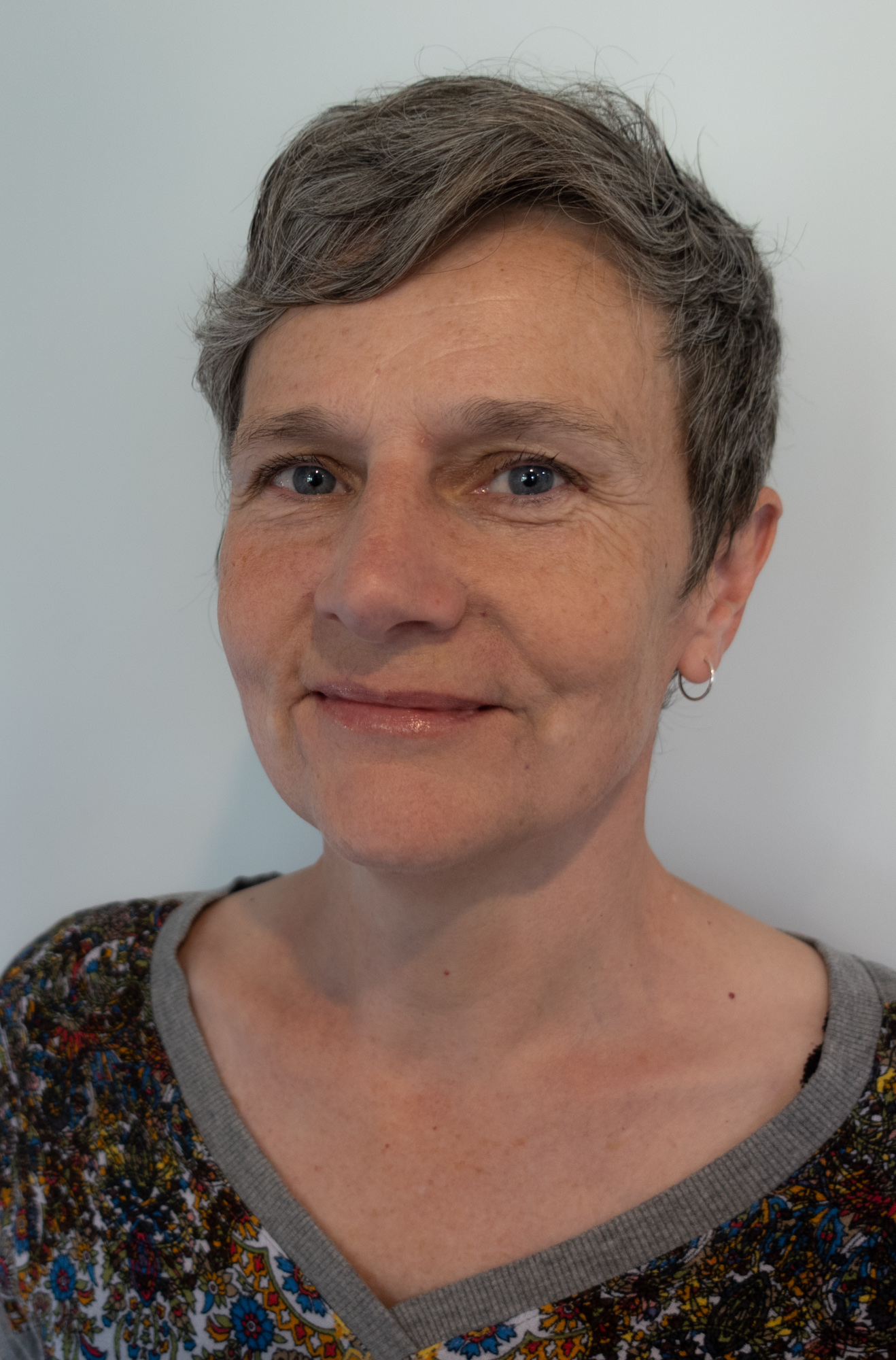
Dr. Jeffrey Endelman is an Associate Professor at the University of Wisconsin–Madison and leads the university potato breeding program. He is a co-developer of 16 potato varieties and several software packages for genomics-assisted breeding, including rrBLUP, GWASpoly, polyBreedR, and diaQTL. Endelman has co-authored 35 publications and served on the graduate thesis committees of 26 students. He is a member of the editorial boards for Genetics, Theoretical and Applied Genetics, and The Plant Genome. |
|
Dr. Marcelo Mollinari is a Senior Research Scholar at North Carolina State University working with genetic complex polyploids. He is the creator and maintainer of the R package MAPpoly, which will be one of the topics of the Tools for Genomics-Assisted Breeding in Polyploids Training Workshop. Marcelo also co-created OneMap, an R package for linkage mapping in outcrossing species. In 2008, Marcelo started working on the genetics of polyploids at the University of São Paulo, Brazil. He published works on assessing dosage-based markers in sugarcane and assisted the development of the software SuperMASSA. In 2014, he was a Visitor Researcher at Purdue University where he continued his studies on genetic linkage in polyploids, with a particular focus on high-level ploidy species. In 2016, he started to work on the Genomic Tools for Sweetpotato Improvement project, being responsible for the genetic mapping of several biparental hexaploid sweetpotato populations. During that project, he implemented MAPpoly and built three ultra-dense multilocus genetic maps with the reconstruction of the full haplotypes of the parents and offsprings. The resulting maps served as the basis to study the inheritance patterns and meiotic behavior of sweetpotato as well as QTL and genomic selection. He also consults with researchers from several other polyploid species, such as potato, forage crops, kiwifruit, and strawberry. To check Marcelo's work, computer codes, datasets, and presentations, please visit his GitHub page at https://github.com/mmollina. |
|
Dr. Zhao-Bang Zeng is Williams Neal Reynolds Distinguished Professor at North Carolina State University. He was trained in theoretical and statistical quantitative genetics with Prof. Bill Hill of Edinburgh University (PhD 1986) and Prof. C. Clark Cockerham of NC State University (Postdoc 1986-1990). Early in his career, he made fundamental contributions in statistical methods to map quantitative trait loci (QTL) by introducing composite interval mapping (1993,194), multiple interval mapping (1999) and multiple trait mapping analysis (1995). His current research interests include QTL mapping with epistasis, plant breeding design and genomic prediction with epistasis, polyploidy linkage and QTL analysis, and systems genetics analysis. Recently supported by Bill & Melinda Gates Foundation on Genomic Tools for Sweetpotato Improvement (GT4SP), his team developed MAPpoly and QTLpoly for constructing complete linkage map and haplotypes and for QTL mapping in full-sib families of complex polyploid species (2X, 4X, 6X and 8X). |
|
Dr. Roeland Voorrips is a senior researcher at Wageningen Research – Plant Breeding. After his study Plant Breeding at Wageningen University, he was employed at a vegetable seed company before joining Wageningen Research in 1986. He has studied disease and pest resistance in many vegetable crops, and he has been working on quantitative and population genetics methods, including linkage and QTL mapping. Since 2010 he became involved in the development of genetic tools for polyploid crops. He has published several genetics software packages, including MapChart, Pedimap, PediHaplotyper, fitTetra / fitPoly, and PedigreeSim, and contributed to others including joinmap and polymapR. |
|
Dr. Chris Maliepaard joined Wageningen University – Plant Breeding in 2007. He is currently an associate professor and research group leader of a group working on ‘Quantitative Aspects of Plant Breeding’. He carries out research projects about mapping, QTL analysis, and marker-assisted selection, mostly related to polyploid crops; other research focuses on the prediction of phenotypic traits from ~omics data sets. His line of expertise is on plant breeding, quantitative genetics, statistics, and quantitative analysis aspects of systems biology and bioinformatics. He teaches about these topics in several MSc, Ph.D., and international courses. In an earlier phase in his career, Chris was employed at the quantitative genetics and statistics group at Biometris, Wageningen, working on statistical analysis of large data sets, and he did consultancy of breeding companies on statistical and quantitative genetics topics. |
|
Originally with a background in physics and pure mathematics (UCC Cork, Ireland), Dr. Peter Bourke has also trained in horticulture and permaculture design. He worked for over four years in vegetable seed production and genetic resource conservation with the Irish Seed Savers Association, Ireland. Peter gained a Master’s degree in Plant Sciences from Wageningen University & Research in the Netherlands and continued with doctoral research into polyploid quantitative genetics and mapping under the guidance of prof. dr. Richard G.F. Visser, Dr. Chris Maliepaard and Dr. Roeland E. Voorrips. He graduated in 2018 and now works as a researcher and lecturer in the Plant Breeding group in Wageningen. |
|
Dr. Dorrie Main is a Professor of Bioinformatics in the Department of Horticulture at Washington State University. She runs a highly collaborative, multi-disciplinary research program that has been funded through public (NSF, USDA) and industry (cotton, tree fruit, and legume) sources. The research develops database resources for specific crops (e.g., Genome Database for Rosaceae, CottonGen, Citrus Genome Database, Cool Season Food Legume Database, Genome Database for Vaccinium), online computational tools (e.g. GenSAS), sequence analysis pipelines (e.g. RefTrans), and generic database platforms (e.g. Tripal). The lab also identifies genomic regions and markers controlling important traits and studies genome evolution (e.g. synteny analysis in horticultural crops). All of these efforts seek to provide genomic, genetic, and breeding resources to enable basic, translational, and applied research. They are active members of the AgBioData Consortium and host the AgBioData website. |
|
Dr. Susan Thomson is a senior Bioinformatician and researcher at The New Zealand Institute for Plant & Food Research (PFR). Susan started her plant research life as a member of the PFR team involved in the International Potato Genome Sequencing Consortium that published the potato genome and high-density linkage map. She then moved into the field of Bioinformatics to continue analysis of genomic and genetic data from several polyploid crop species including potato, kiwifruit and blueberry. She is now part of a team that is focused on the application of sequence-based genotyping and haplotyping to polyploid breeding material as well as investigating the genomics and genetics of inter-specific polyploid hybrids. |
|
Tim Millar is a member of the Bioinformatics team at Plant and Food Research and a Ph.D. student at Otago University, New Zealand. His interests include statistical genetics, Bayesian statistics, and software development. His Ph.D. topic is on identifying selective sweeps in a mixed-ploidy Kiwifruit (Actinidia spp.) breeding program. |







